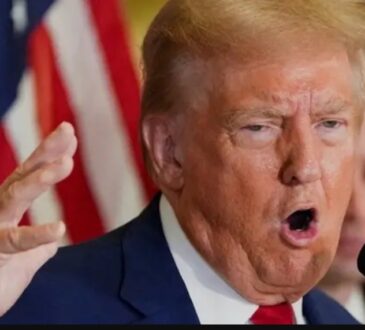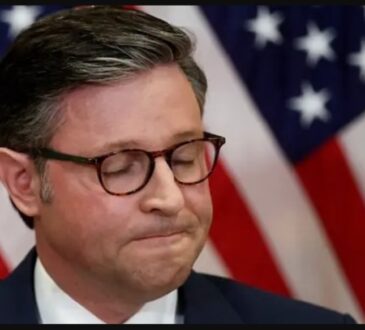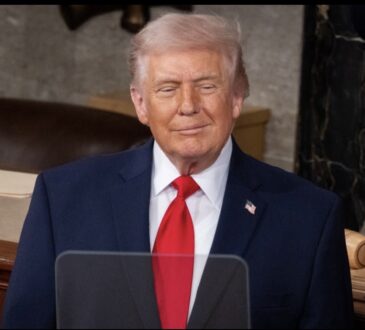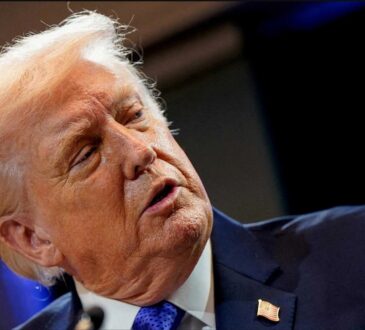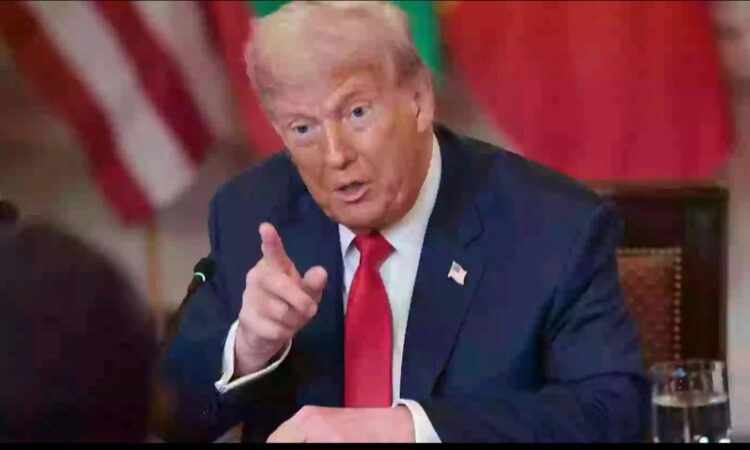
Donald Trump recently took to his social media platform, Truth Social, to praise Pete Hegseth, the current U.S. Secretary of Defense, after Hegseth revealed a new military drone strategy. Trump referred to Hegseth as the “Secretary of War,” a title that raised a lot of eyebrows and sparked concern among the public. Many people online wondered if Trump’s words hinted at more aggressive military actions or even the possibility of World War III.
In his post, Trump, who is 79 years old, said, “Secretary of War Pete Hegseth was great on Fox News this morning. Talking about modern weapons and warfare.” He also thanked Brett Velicovich, a well-known drone expert and former military operative, saying, “Thank you also to Brett Velicovich, who really knows his ‘stuff.’ We are really on our way. MAGA!” Trump’s excitement was clear, but what many noticed was that Hegseth wasn’t actually live on Fox News that morning. Instead, the network was replaying an earlier recorded video where Hegseth announced the new drone strategy.
The video itself caught people’s attention because it was designed to look dramatic and powerful. In it, Hegseth stands as a drone, specifically a quadcopter, flies toward him carrying an important memo. With Metallica’s famous song “Enter Sandman” playing in the background, Hegseth grabs the memo from the hovering drone and signs it, saying, “This is the future. We’re in the fight. We’re here to win. And we will never back down.” The scene looked more like a military action movie than a standard government announcement, and many viewers were both amused and unsettled.
On X (formerly known as Twitter), reactions came pouring in. Some people expressed genuine concern, asking if this was a sign that a major global conflict was approaching. “Is WW3 incoming?” one person wrote. Others found the video bizarre and even funny, with a few comparing it to something you’d see on “Saturday Night Live” or in a comedy sketch. One person commented, “I thought he was supposed to be the peace president?” suggesting that Trump’s tone didn’t match the promises he had made in the past about reducing America’s involvement in wars.
Brett Velicovich, however, stood by Hegseth and praised his leadership during a segment on Fox News. He argued that Hegseth was the kind of bold figure the U.S. military needed, someone who could challenge the old ways of doing things and push the military to adapt to the demands of modern warfare. Velicovich said, “He’s the disrupter needed in our archaic military industrial base that has slowly been failing us by not adapting quick enough to meet the needs of modern warfare. And finally, someone at the top is listening to what is needed.”
It’s worth noting that Trump has been toying with the idea of calling Hegseth the “Secretary of War” for a while now. Back on June 25, after a NATO meeting in the Netherlands, Trump told reporters, “You know it used to be called secretary of war. Maybe for a couple of weeks we’ll call it that because we feel like warriors.” His comment was seen by some as a joke, but by others as a troubling sign that Trump is leaning into a more militaristic approach.
All of this comes in the wake of America’s involvement in a major ceasefire negotiation between Iran and Israel. That 12-day conflict resulted in heavy losses, with Iran reporting at least 627 deaths and Israel reporting at least 28 people killed by Iranian strikes. The U.S. was praised by some for helping to stop the violence, but Trump’s recent comments and Hegseth’s flashy video have reignited fears that instead of moving toward peace, the administration might be preparing for more military action.
People remain divided. Some of Trump’s supporters see these moves as a sign of strength and decisive leadership, a clear message that America won’t back down in the face of global threats. Others, however, worry that this kind of language and imagery is dangerous, potentially adding fuel to already high tensions around the world. They fear that focusing so much on weapons, war, and military posturing could push the U.S. and its allies closer to new conflicts, rather than helping to build peace.
In the end, Trump’s words may have been intended as praise and motivation, but they have also stirred up a lot of concern, debate, and speculation about where America’s foreign policy is headed — and whether the country is preparing for defense, deterrence, or something far more dangerous.

